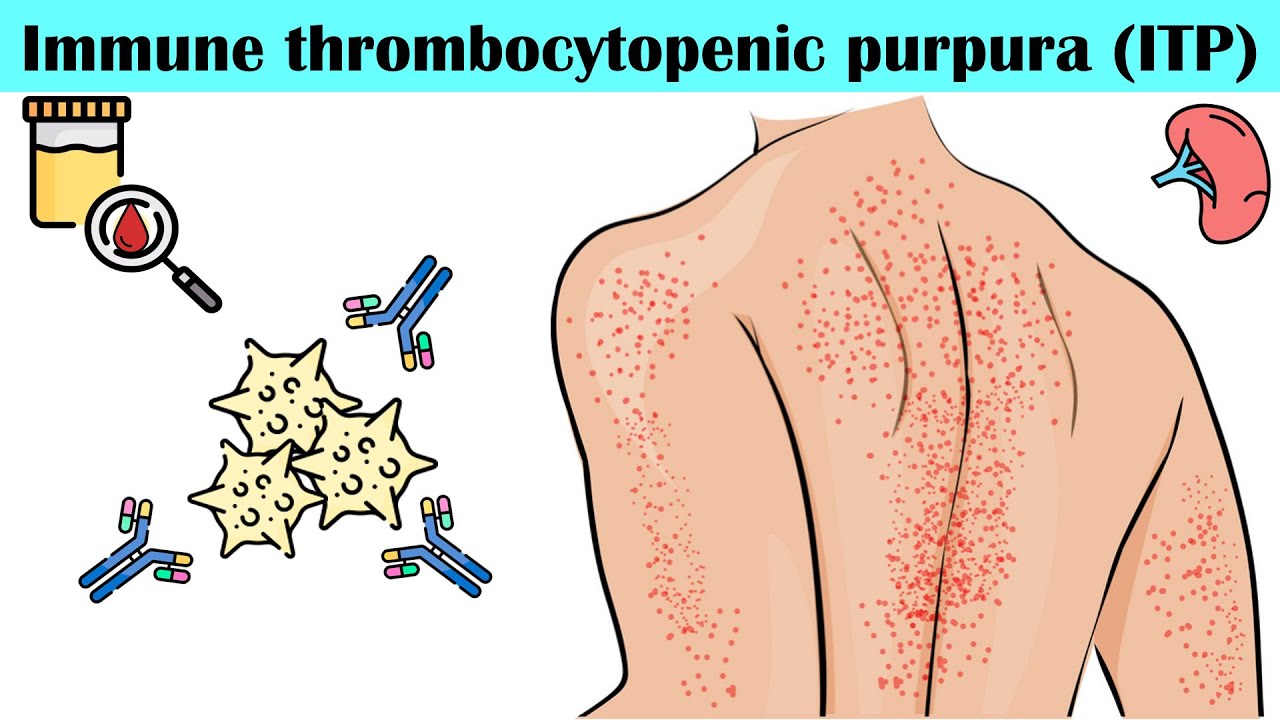Lupus anticoagulant greatly ups thrombosis risk in young women
Reuters Health • The Doctor's Channel Daily Newscast
“Lupus anticoagulant is one of the most important acquired risk factors for thrombotic complications and the detection of the presence of lupus anticoagulant indicates a more intense anticoagulant treatment,” study investigator Dr. Philip G. de Groot, from University Medical Centre Utrecht, told Reuters Health.
“The simultaneous presence of other risk factors (smoking and oral contraceptives) increases the risk of stroke even further — two risk factors that can be avoided,” he added.
Although the presence of antiphospholipid antibodies in individuals who have a thrombotic event is a prerequisite for the diagnosis of the antiphospholipid syndrome, less is known about the risk of arterial thrombosis associated with antiphospholipid antibodies in the general population, Dr. de Groot and colleagues explain in the November edition of the Lancet Neurology, published online today.
To investigate, they analyzed data on 1006 young adult women enrolled in the RATIO study – the Risk of Arterial Thrombosis In relation to Oral contraceptives study. The analysis focused on 175 women with a first ischemic stroke, 203 with a first MI and 628 healthy control women.
The researchers used questionnaires to assess the prevalence of various cardiovascular risk factors, and blood samples were taken to measure various phospholipid antibodies.
Lupus anticoagulant was detected in the blood of 30 women with ischemic stroke (17%), 6 with MI (3%) and only 4 healthy control women (0.7%).
The presence of lupus anticoagulant increased the risk of stroke 43-fold compared with healthy controls; in women with lupus anticoagulant who smoked, the risk was increased 87-fold, whereas women with lupus anticoagulant who used oral contraceptives had a greater than 200-fold increased risk of stroke, the researchers report.
In addition, the presence of lupus anticoagulant increased with risk of MI 5-fold compared with healthy controls; in women who smoked, the presence of lupus anticoagulant increased the risk 34-fold, whereas lupus anticoagulant plus oral contraceptive use increased the risk 22-fold.
Increased concentrations of anti-beta2-glycoprotein I antibodies were associated with a greater than 2-fold increased risk of ischemic stroke, but neither anticardiolipin nor antiprothrombin antibodies alone increased the risk of MI.
In an accompanying Reflection and Reaction article, Dr. Kathryn Kirchoff-Torres and Dr. Steven R Levine, of the Stroke Center, Mount Sinai School of Medicine in New York City say this study “provides important evidence for a prothrombotic synergistic effect between oral contraceptives, cigarette smoking and lupus anticoagulant in young women.”
“Most importantly,” they add, “young women with antiphospholipid antibodies should be informed about the serious risks of cigarette smoking and use of oral contraceptives,” they wrote.
Reference:
Lancet Neurology, online September 28, 2009.








